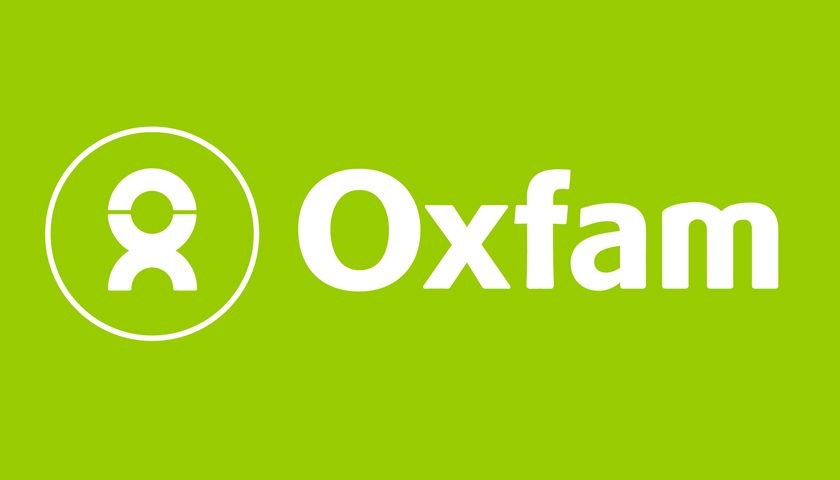New research by Oxfam and CARE Climate Justice Center, published recently, finds developing countries are now paying more back to wealthy nations for climate finance loans than they receive- for every 5 dollars they receive they are paying 7 dollars back. 65% of funding is delivered in the form of loans. This form of crisis profiteering by rich countries is worsening debt burdens and hindering climate action. Compounding this failure, deep cuts to foreign aid threaten to slash climate finance further, betraying the world’s poorest communities who are facing the…
Read MoreTag: Oxfam
Countries in Global South paying the price of UK’s clean energy – Oxfam
Report reveals climate colonialism entrenching inequality and human rights violations The UK and other “advanced economies” are benefiting from cheaper clean energy investment, while countries in the Global South face inflated costs, according to a new Oxfam report. The UK renewables and electric vehicle industry supply chains are heavily dependent on minerals from countries in the Global South who are not getting a fair share of the profits. Although Global South countries hold roughly 70% of transition minerals reserves, most investments in renewable energy are in the Global North (50%)…
Read MoreGlobal fashion industry on track to produce enough unworn clothes to almost reach from Earth to Mars and back
By 2050, the fashion industry is on course to produce 138 billion items of unworn clothes every year – enough to almost reach from the Earth to Mars and back, and equivalent to nearly four outfits for every person on the planet – new analysis from Oxfam reveals. The findings mark the start of Oxfam’s annual Second Hand September campaign fronted this year by actor and advocate Jameela Jamil. Oxfam is calling on people to make a statement about the kind of world they want to live in by choosing…
Read More500 organizations condemn political violence and stand together against Trump’s threats to non-profit organizations
We the undersigned unequivocally condemn the murder of Charlie Kirk and all forms of political violence. There is simply no place for such actions in the United States. Political violence has targeted those of every political persuasion and of no political persuasion. It is un-American and wrong to use this act of violence as a pretext for weaponizing the government to threaten nonprofit and charitable organizations, other perceived adversaries, or any class of people. They did not commit this murder, and the vast powers of the government should not be…
Read MoreRichest 1% in the Middle East and North Africa emit more than twice as much carbon pollution as the poorest half of the population — Oxfam
The richest 1 percent in the Middle East and North Africa (MENA) region were responsible for 26 percent of carbon emissions in 2022, while the poorest half of the population were responsible for only 10 percent of emissions, an Oxfam report released today has found. The report, Not Everyone is in the Same Boat; Climate and Inequality in the Middle East and North Africa, draws on research by the Stockholm Environment Institute (SEI) and Oxfam and shows how those who contribute the least to the climate crisis suffer the consequences…
Read More